Procrastination can be a dirty word in the world of the entrepreneur. If you are the kind of person who is all about the hustle and being incredibly efficient with your time then you will often aim to reduce and eliminate the dreaded void that is procrastination.
But what if we could rethink procrastination, or at least better understand it.
The Cambridge Dictionary defines procrastination as ‘the act of delaying something that must be done, often because it is unpleasant or boring’. I personally think there can be more to delaying a task than it being unpleasant or boring. We can often delay tasks because we are overwhelmed, we are unsure how or where to start or we simply have other things we would prefer to be doing.
The other thing to keep in mind that every action can have a positive and negative effect, the key is the intention of how time is used. For example, going for a walk around the block can have a wonderful impact on your health and your brain function. It can stimulate ideas and generally make you feel better. But if you are meant to be working on a task that has a specific deadline, then going for a walk may be procrastination as it becomes a way to delay the task you are meant to be working on. The same action, framed in two different ways.
When we understand this we are in full control of how we use our time. We can make better decisions and decide if the action or in this case procrastination is going to be passive, pernicious or productive.
Passive procrastination occurs when we are not mindful of our actions. You know the moment when you pick up your phone to check an email and then find yourself bouncing back and forth through your favourite apps or losing hours scrolling. This is passive, in most cases you are not conscious that you have lost this time and when you snap back into the conscious mode you often realise that you should be working on something more important.
Pernicious procrastination occurs when you do harm to your tasks. This is not a common occurrence as we don’t often go out of our way to sabotage ourselves. But this can occur in the form of leaving a task until the last minute or not allocating the correct budget or sourcing the right help, which in turn can have detrimental results to your task.
Productive procrastination is often the type of procrastination that can be seen as good or bad. Doing a task of value which can be seen as good, EG folding the washing when you are meant to be writing an assignment or a document for work is procrastination, but as the task has a positive effect it could be seen as productive procrastination.
Once again, the key is in the intention. If you allow yourself a time limit on how long you will allow yourself to ‘productively procrastinate’ this can be the mindset you need to gain control and to be intentional with your time.
As you go about your day planning your time and tasks, be aware of how conscious you are of your actions. That awareness can make the difference in the type of procrastination you are allowing into your life and how much of it is impacting the things you want to achieve.



